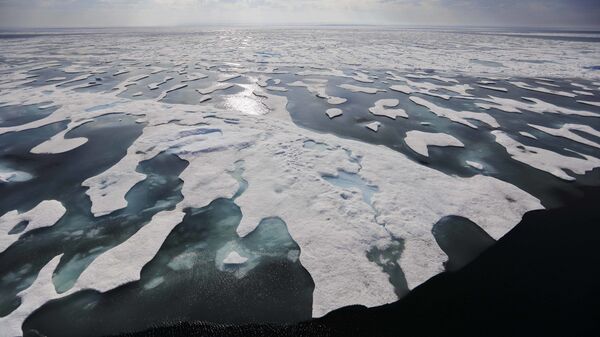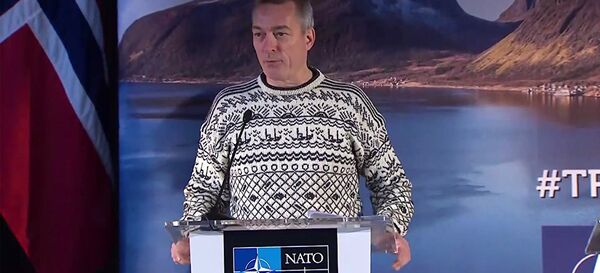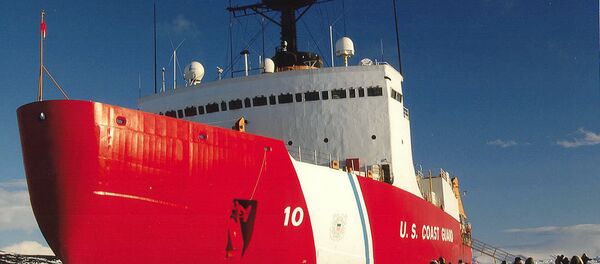The US could deploy warships to the Arctic this summer as shipping lanes cleared from ice open up and become navigable, Navy Secretary Richard Spencer has indicated.
"This summer, [chief of naval operations John Richardson] and I have talked about having some ships make the transit in the Arctic. It's going to be a multi-service task – I think you'll see the Coast Guard involved," Spencer said, speaking at an event at the Center for a New American Security, a Washington, D.C.-based think tank.
No concrete plans have been set at this stage, according to the admiral. "We're just fleshing it out right now. But what is the purpose of that? We have to learn what it's like to operate in that environment," he said.
The Navy is also exploring an expanded permanent presence in the region, particularly in Alaska, Admiral Spencer said. "A strategic port up in the Bering [Sea] area is being explored, but that would be a whole-of-government approach: that would be Coast Guard, Navy and Commerce in that regard. But it's an area we have to focus on, most definitely," he noted.
As far as the Russian Navy's efforts and capabilities in the Arctic were concerned, Spencer stressed that "freedom of navigation should be plied up there" in the Arctic area shipping lanes. "We're going to try to do it. We're going to learn our way," he said.
In November, perhaps in anticipation of a NATO bid to challenge Russian control of the North Sea Route, a shipping lane running along the Russian Arctic coast, the Russian defence ministry announced that starting in 2019, foreign warships will only be able to sail along the route after notifying Russian authorities.
Last month, Russian Northern Fleet Commander Admiral Nikolai Evmenov said that he expected a "further increase in the scale of the military presence of NATO combined forces in the Arctic region in the near future," adding that this would lead to a growth in the potential for conflict in the region. According to Evmenov, the Arctic is quickly turning into "one of the world's hydrocarbon production centres, and a powerful hub for international transport communications." This, he said, attracts various international actors who may seek to threaten Russia's national interests.





